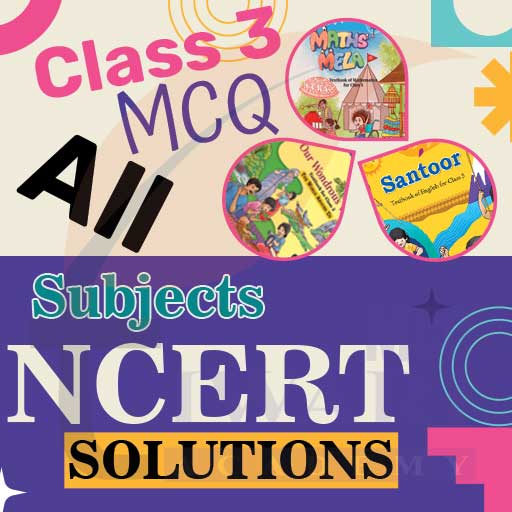Preparing for a Class 2 exam requires a structured, fun, and engaging approach. Here’s a comprehensive study plan to help students succeed.
Understanding the Syllabus
Begin by reviewing the syllabus provided by the school. Focus on key subjects:
- English
- Mathematics
- Science/Environmental Studies
- Hindi/Regional Language
- General Knowledge
How to Organize the Syllabus
- Break the syllabus into smaller topics for better focus.
- Create a checklist for topics already covered and those pending.
- Prioritize challenging subjects or topics with high weightage.
Creating a Study Timetable
A timetable ensures balanced preparation. Allocate time for study, breaks, and recreation.
Sample Timetable
| Time Slot | Activity |
|---|---|
| 7:00 AM – 8:00 AM | Breakfast and freshen up |
| 8:00 AM – 9:30 AM | English reading and writing |
| 9:30 AM – 10:00 AM | Break (play or snack) |
| 10:00 AM – 11:30 AM | Mathematics practice |
| 11:30 AM – 12:30 PM | Science revision |
| 12:30 PM – 2:00 PM | Lunch and rest |
| 2:00 PM – 3:00 PM | Language practice (Hindi/Regional Language) |
| 3:00 PM – 4:00 PM | General Knowledge or Social Studies |
| 4:00 PM – 5:00 PM | Outdoor play |
| 5:00 PM – 6:00 PM | Homework or worksheets |
| 6:00 PM – 7:00 PM | Revision of the day’s work |
| 7:00 PM onwards | Dinner, relaxation, and bedtime |
Subject-Specific Study Strategies
English
- Practice reading short stories aloud daily.
- Focus on grammar basics: nouns, verbs, and sentence structure.
- Maintain a vocabulary list and learn 5 new words every day.
Mathematics
- Revise addition, subtraction, multiplication, and division regularly.
- Focus on understanding patterns and solving word problems.
- Practice multiplication tables daily for faster problem-solving.
Science/Environmental Studies
- Understand key concepts through examples and illustrations.
- Use diagrams to explain topics like plants, animals, and the environment.
- Engage in simple experiments to make learning interactive.
Language Practice (Hindi/Regional Language)
- Read short stories or poems aloud.
- Practice sentence writing and grammar rules.
- Memorize key vocabulary and simple translations.
General Knowledge
- Read books or watch videos on topics like history, geography, and science.
- Stay updated with basic current events.
- Engage in quizzes to reinforce learning.
Tips for Effective Learning
Make Learning Fun
- Use flashcards for vocabulary and math formulas.
- Include educational games or apps for interactive learning.
- Incorporate storytelling into lessons.
Take Breaks
Ensure regular breaks to avoid burnout. A 10-minute break every hour keeps the mind fresh and focused.
Seek Help When Needed
If your child struggles with a subject, don’t hesitate to ask for help from teachers or tutors.
Conclusion
Preparing for Class 2 exams can be an enjoyable experience with the right study plan. Encourage curiosity, maintain consistency, and foster a love for learning to help your child excel.







